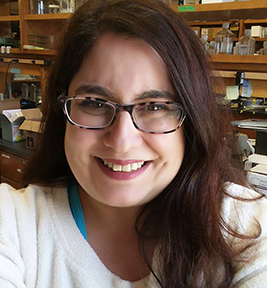Procyanadin Reactivates Latent HIV

Abstract
While highly active anti-retroviral therapy has greatly improved the lives of HIV infected individuals, current treatments are unable to completely eradicate the virus. A number of latency reversing agents, including HDAC and BET bromodain inhibitors, are unsuccessful when used in resting CD4+T cells which lack sufficient expression of transcriptional activators such as P-TEFb and NF-κB, which are also important regulators of HIV transcription. MAPK and PKC agonists are potent T cell activators, which induce expression of these transcription factors. Procyanidin reactivates latent HIV through MAPK pathway and NF- κB activation and also releases P-TEFb from its inactive complex. We propose that procyanidin activates resting CD4+ T cells and induces transcription of latently infected HIV which could be used in treatment strategies to purge latent reservoirs. We will test our hypothesis first using a cell line model of HIV latency, followed by stimulation in more relevant human CD4+T cells and HIV+ patient samples. Additionally, we propose that procyanidin and combinations of other latency reversing agents (SAHA or JQ1) and a PKC agonist will provide a potent combination therapy to reactivate latent HIV. We will test suboptimal concentrations of each compound to determine a combination and dosing scheme which activates expression of key transcriptional activators while preventing toxicity induced by potent T cell activation.